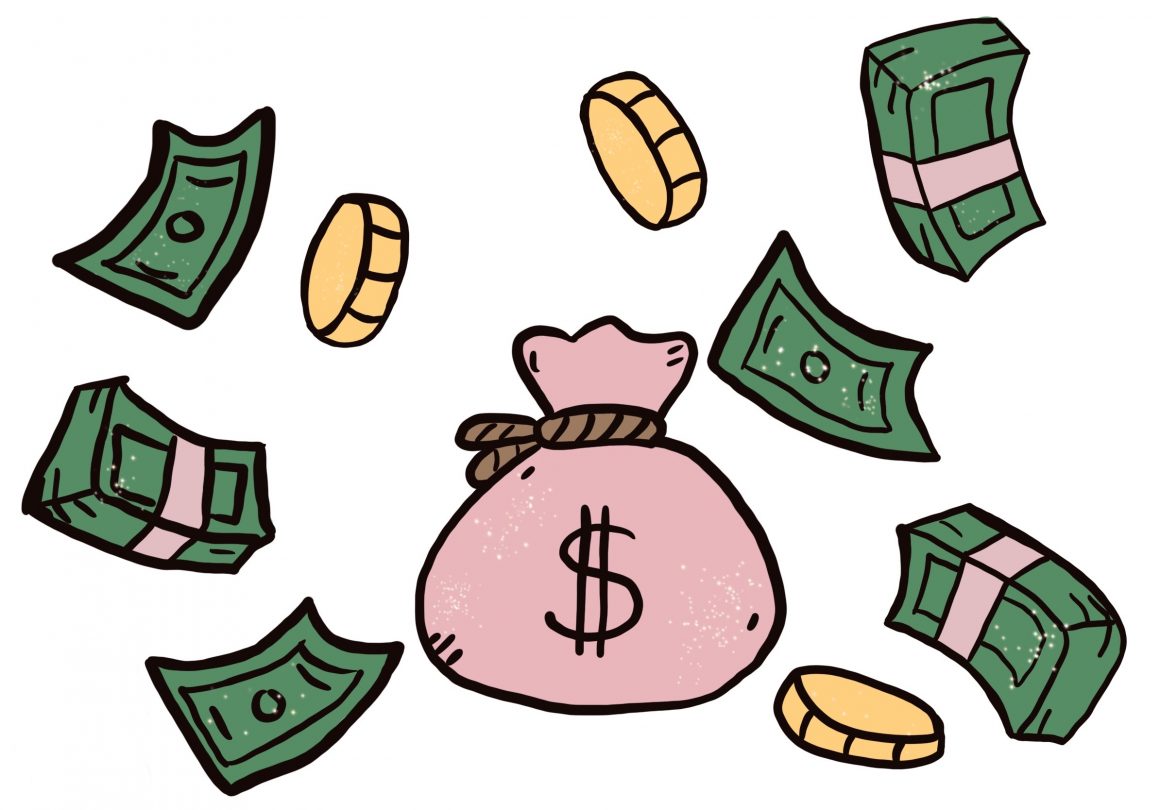
FROSH 2024: Financial literacy as a student
By Nazeefa Ahmed, September 3 2024—
For many students, attending post-secondary means there are many financial-firsts: first job, first car, first student loan application. With all this money, some may try to spend it as if there are no strings attached. But while eating out everyday and buying “premium air” for your car feels liberating at the moment, there are long-term consequences to poor financial regulation.
Here are some tips to grow your savings, optimize your spending and still enjoy your time as a student.
Optimize other sources of funding before student loans
Financing your education and living expenses through scholarships, bursaries and even your part-time job is ideal. It may be tempting to forward the bill to your future self but once you graduate and move out of your childhood home, your student loan repayments will be taken from your savings — after paying rent, insurance and groceries. With the ever-increasing cost of living, claim the free money while you still can. Once you graduate, you are quite often on your own.
Hold a part time job
The biggest mistake that students make is not working while they are in school. As the job market changes, employers are actively seeking graduates who already have work experience, whether or not the work is related to their career. Working while in school teaches you how to manage your time, but it can also provide the wiggle-room you need to buy nice headphones or pay that pending parking ticket.
Avoid taking spring and summer classes
Financially, it is better to take 10 classes during the regular fall and winter semesters rather than eight followed by two spring classes. The more semesters you are enrolled in, the more extra fees you have to pay which increases your tuition.
Avoid lifestyle creep
For many students, the more money they make, the more they unknowingly spend. After getting your biweekly paycheck, immediately set aside some money in your savings account and then spend from the rest. If you find yourself blowing all of your money in a couple of days, you may be using money as a coping mechanism — the University of Calgary offers students free therapy for concerns like these.
Do your taxes
Because students pay tuition, we receive tuition credits that can be used on our income to pay less taxes in the future. Additionally, you can receive money back from the government after your taxes are calculated. You can also receive the Carbon Tax Rebate (CCR) which is extra money you can add to your emergency fund. The Students’ Union (SU) at the University of Calgary provides a free tax service to students through their Volunteer Tax Program, so long as students meet the eligibility requirements.
